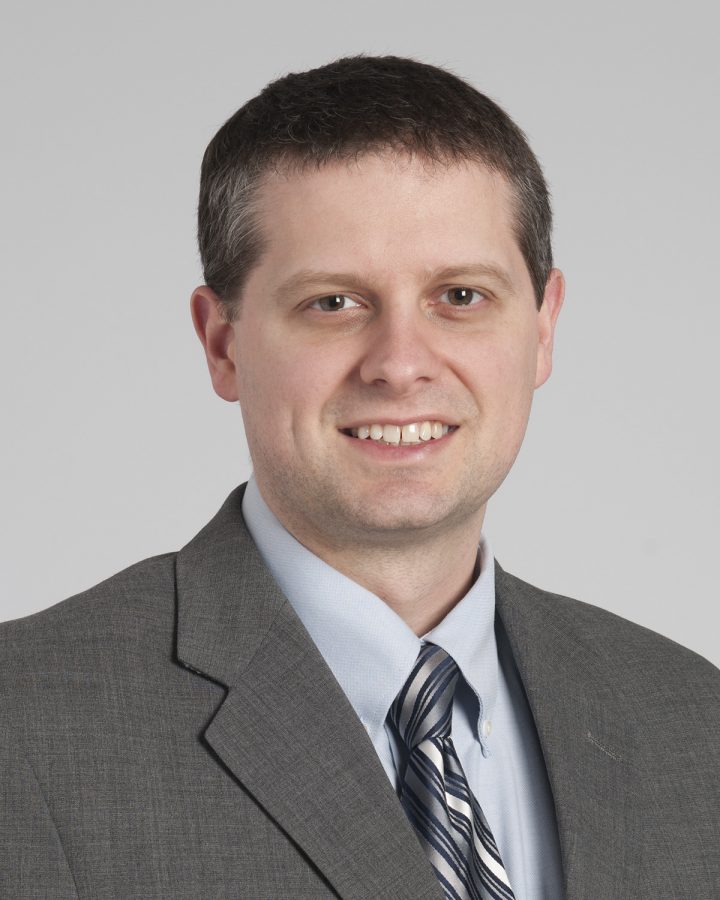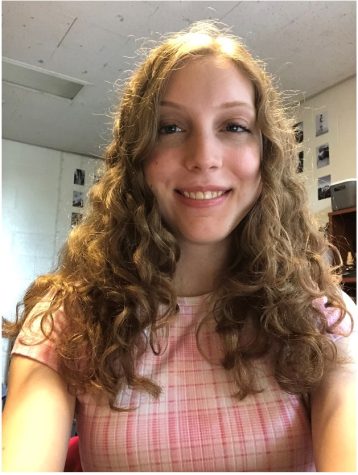Professor Frazier awarded $400,000 research grant from SynGAP
Photo courtesy of Thomas Frazier
Frazier is a Professor of Psychology as well as the Chief Science Officer at Autism Speaks.
Feb 11, 2021
Professor Thomas Frazier of John Carroll University has been awarded more than two years of research money from the SynGAP Research Fund to develop a new online tool to evaluate autism and other genetic conditions.
The research funded by the grant, which is $400,000 for two and a half years, will focus on people with a rare genetic disorder caused by a variation on the SYNGAP1 gene and their caregivers.
“The ultimate goal is to build a free, online tool that provides rich information about how people with neurodevelopmental conditions function,” said Frazier. “This tool can then be used by future researchers to better understand different patterns of development and by clinicians to make it easier on their patients to provide information without having to travel to specialty care clinics.”
The new Neurobehavioral Evaluation Tool, known as NET, will be an online tool that parents and other caregivers can use to describe their loved ones’ behavior. It consists of surveys and other performance measures collected by a webcam and completed by the patient. The NET will also allow people with neurodevelopmental challenges to provide researchers with data about their strengths and weaknesses.
Frazier, who graduated from John Carroll in 1997, said, “It has been rewarding to come back, work with students and build meaningful research that involves students and gives back to the neurodevelopmental disorders community.”
Frazier added, “It has been great to receive funding to do research that I have wanted to do for a long time. It feels like the research community is validating the value of my work and its importance for people with neurodevelopmental conditions.”
Frazier has a doctorate in clinical psychology and has won more than 10 awards for his research on neurodevelopmental conditions.
According to Cision PR Newswire, many characteristics of current tools are irrelevant to NDGS patients. Data collection also requires difficult long-distance travel. The NET will be designed with clinician, patient and caregiver input, which will hopefully make it more accurate than the ones that currently exist.
Frazier said he has started to build a team of other experts in neurodevelopmental disorders and genetic syndromes, and he plans on fully using his funding to help people. Frazier and his team hope that the tool will be used for future clinical trials, as an efficient way to gather data from patients while they receive treatments.













